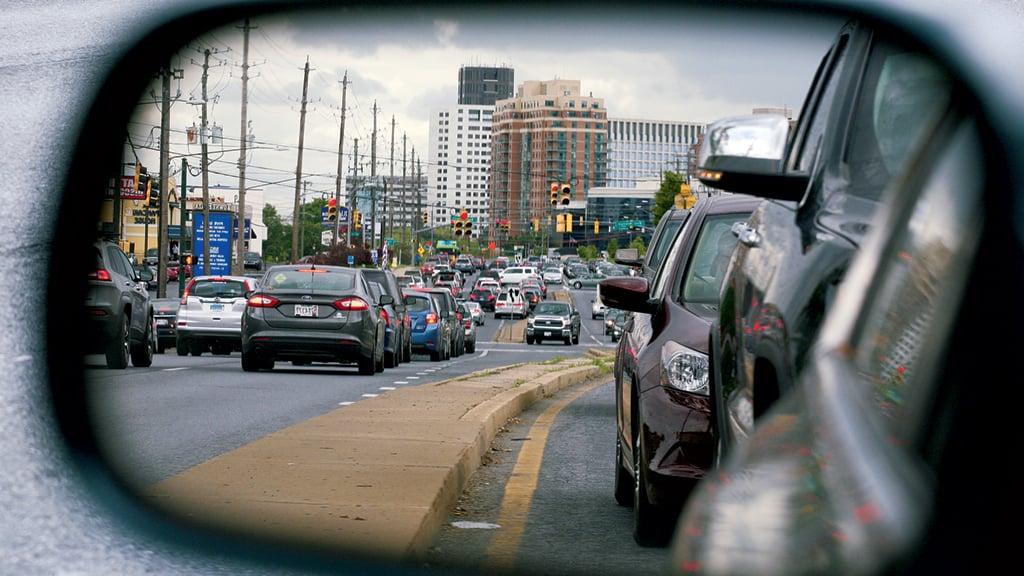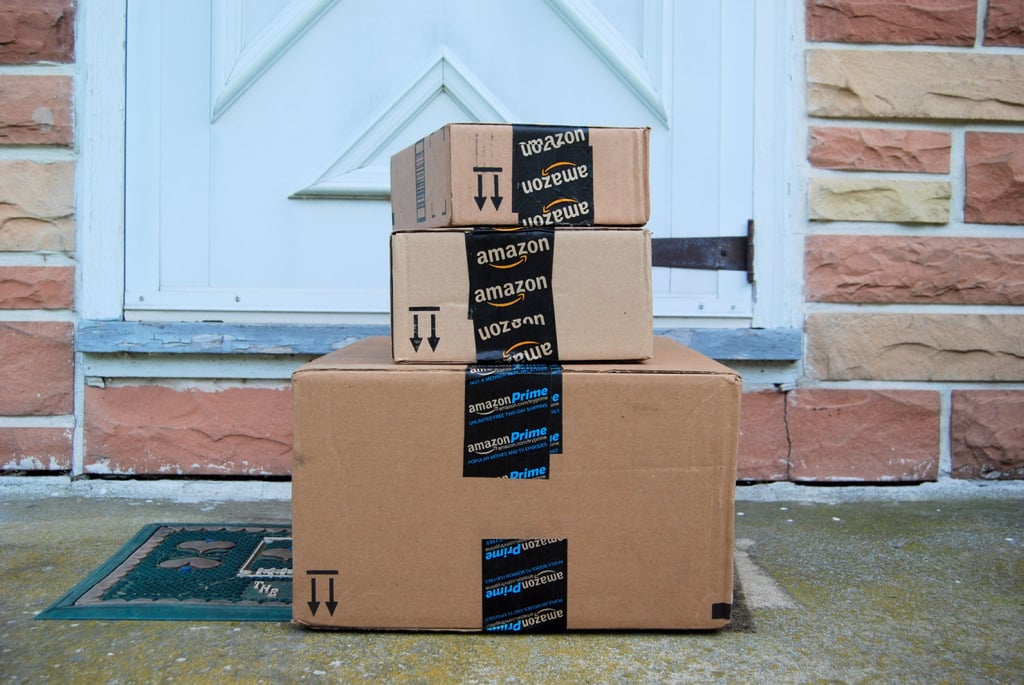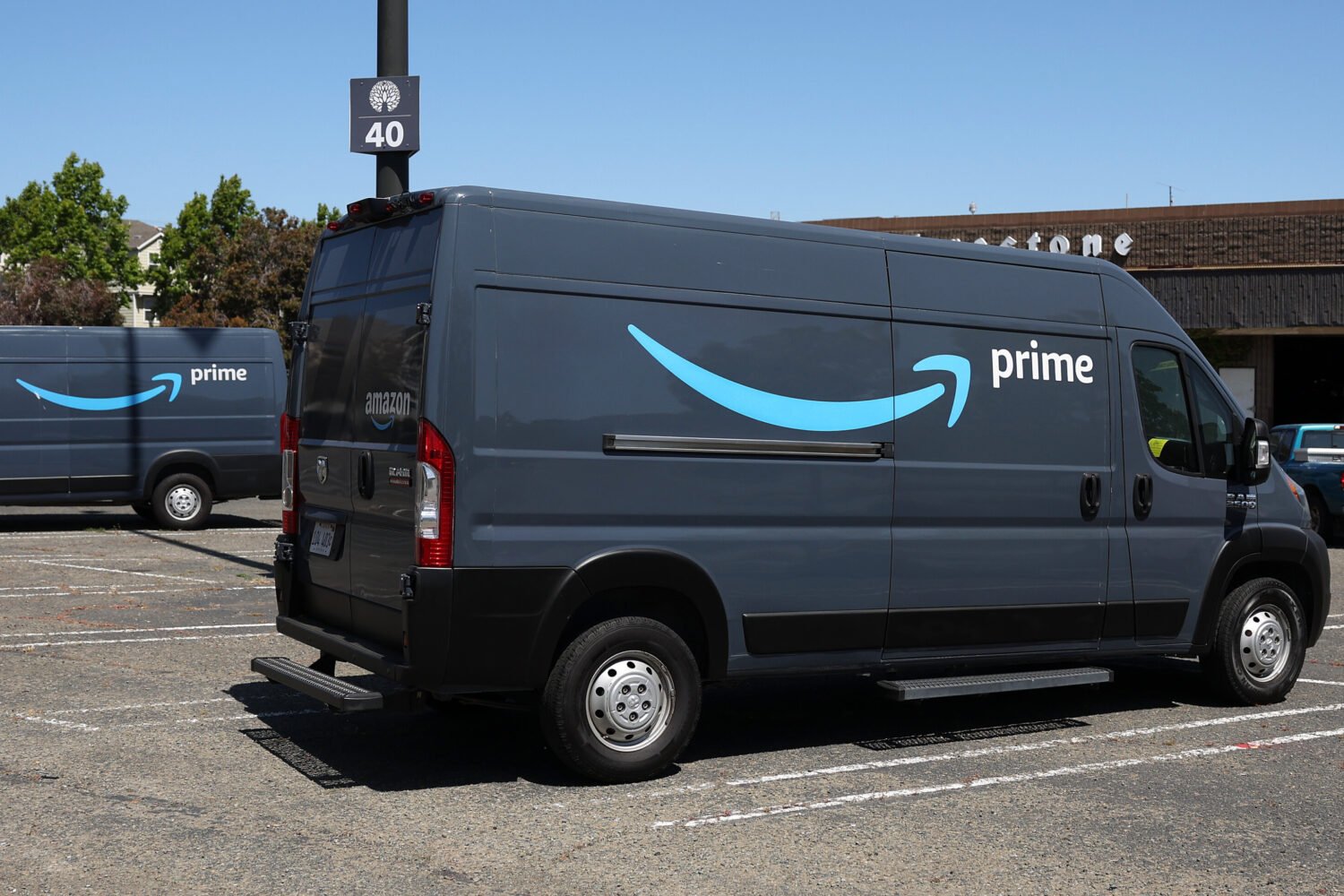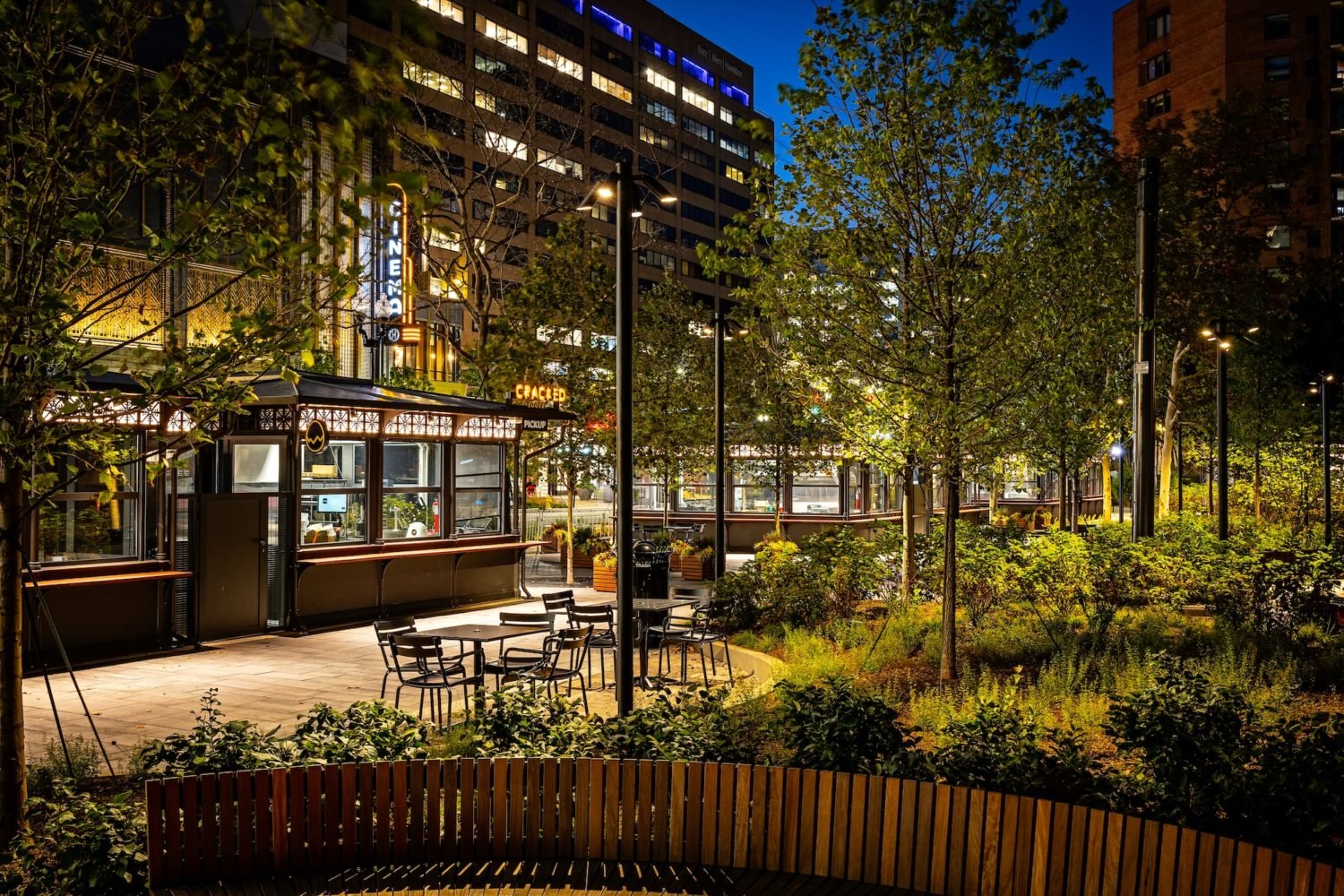Welcome to Amazon Thirsty Thursdays, a new semi-regular feature in which one city, state, mayor, or other entity with a vested interest in the bidding process for Amazon’s second headquarters is named the “thirstiest.” This week, three contenders and one also-ran vie to determine which is the most desperate to become the home of Amazon’s vaunted HQ2 project.
First, an explanation: Scratch a mayor, governor, or local economic development official these days, and you’re likely to hear why their city, state, or county is the best possible landing spot for Amazon’s second headquarters. There’s not a city in the United States or Canada that didn’t at least think about submitting a bid, and of the 238 that actually did assemble a proposal, 20 large metropolises made the shortlist. All the finalists are keen to show off to Amazon how they’re ahead of the others in terms of infrastructure, quality of life, and available real-estate. Of course, what really matters to Amazon is flattery, offered chiefly in the form of large tax breaks and other financial incentives from the lucky jurisdiction that wins its promised $5 billion in economic development and 50,000 jobs created.
Details of some governments’ offers are known, either through public announcements or journalists filing records requests. New Jersey, where Newark is on the shortlist, is willing to put up $7 billion; Maryland Governor Larry Hogan is in for $5 billion on behalf of Montgomery County’s effort. The District has offered a suite of tax holidays and job-creation credits, but the exact dollar figures remain a closely guarded secret. Officials in Northern Virginia have said even less.
Still, there are other ways to gauge just how aggressive the 20 shortlist honorees are pursuing Amazon. Standard dictionaries define “thirsty” as seeking liquid refreshment. But the internet knows the term as a measure of desperation, usually for attention or affection. The Amazon bidders are no different. Let’s meet this week’s contenders:
Pittsburgh
The Steel City has the whole Rust-Belt-with-a-creative-class-revival thing going for it, which possibly helped it join Philadelphia as the two Pennsylvania locations in the bakeoff. But it has been one of the least transparent contenders, taking local reporters through several rounds of litigation to keep its proposal under wraps, and is plotting yet another appeal to do so after a judge ruled that Pittsburgh’s HQ2 bid is a public document worthy of release. Until that case is resolved, at least there are still on-the-record statements by Mayor Bill Peduto, who is wooing Amazon by nabbing a page out of DC’s playbook: referencing Jeff Bezos‘s ownership of the Washington Post!
“I don’t know Jeff Bezos’ politics,” Peduto told GeekWire. “But I read The Washington Post almost daily, and I read an opinion that is very much in line with a Western Pennsylvania ethos. … [W]hen I read those editorials, I can read an underlying theme of valuing the worker, of valuing the environment, of valuing community.” Someone should tell Peduto that the Post editorial page’s economic centrism predates Bezos’s 2013 purchase. Then again, he probably wouldn’t any points by referencing the Graham era.
Atlanta
“Do it for Amazon.” That’s the mantra that’s taken over in the Georgia State Capitol, where every piece of legislation is being interpreted on how it will affect Atlanta’s HQ2 proposal, the Wall Street Journal reported last week. Currently, it comes up most in reference to statehouse Republicans’ latest attempt to pass a “religious freedom” bill that would allow businesses to deny services to people who offend their beliefs; similar legislation in other states has been invoked to discriminate against gay, lesbian, bisexual, and transgender people. Opponents say it would turn off Amazon, noting the company’s strong record on workplace equality. But that hasn’t stopped its backers from invoking Amazon anyway, with one of its lead sponsors saying “Amazon will accept [the bill] whether they like it or not,” the Journal reported. Such confidence to think that undermining equal rights won’t deter investment from a company that professes to have a progressive office environment. (Governor Nathan Deal says he’d veto it anyway, and did so to a similar bill in 2016 that led to threats to leave the state by major companies like Disney.)
But flogging Amazon isn’t just for culture warriors. Atlanta’s underdeveloped public-transit system is even getting some love from the statehouse now that the city has a chance of winning the HQ2 sweepstakes. Mayor Keisha Lance Bottoms plans to increase the city’s supply of affordable housing—something a lot of mayors should try to do anyway—because “it’s not just corporate executives but warehousing and administrative staff,” she told the Atlanta Business Chronicle. Could “Amazon” be the buzzword every policy is missing?
Montgomery County
No doubt, the District was much flashier than its neighbor to the north during the Round of 238, what with the $140,000 Mayor Muriel Bowser‘s office spent on a proposal, YouTube clips, and hashtags. But DC and Northern Virginia have kept a lid on just how much they’re offering Amazon. Not Maryland, though. Hogan put his $5 billion on the table once Montgomery County made it to the shortlist. Still, that compares to the announcement made Tuesday by Hogan’s transportation secretary, Pete Rahn, who says he’s ready to write Amazon a “blank check” for roads, public transit, and any other infrastructure upgrades the company desires. Forget for a moment that $2 billion of Hogan’s package is already set aside for transportation, or that we don’t know what specific transportation modes Amazon might want. There are no limits on what Rahn will offer right now. Better still, Rahn doesn’t even know how Maryland will pay for any of it yet, the Post reports.
Hamilton, Ontario
Back when Amazon opened the HQ2 bidding war, I placed this sleepy city on the tip of Lake Ontario last in a ranking of cities’ campaigns to build public support for their Amazon proposals after Mayor Fred Eisenberger released a dreary video in which he said Amazon would be hearing more from Hamilton “in the coming days.” In fairness, its chances of making the shortlist were probably never better than hopelessly futile. But boy, did Eisenberger deliver anyway. Hamilton paid consultants to, among other things, develop a hashtag—#Hamazon, which blows away #ObviouslyDC—and craft a music video using a track from a Hamiltonian metal band named Monster Truck that was way more banging than Eisenberger’s curtain-raiser. But Hamilton might have gone too ham for Hamazon. The city wound up spending $467,000 Canadian (about $371,700 US), according to the CBC, and still owes another $42,000.
Winner: Montgomery County

It’s tempting to give the first Amazon Thirsty Thursday award to Hamilton, but that city’s endured enough. Atlanta makes a strong case with putting Amazon at the center of every policy battle. But nothing says “We’re thirsty!” quite like “blank check.” And a forward-thinking company like Amazon could have transportation wishes Maryland’s never considered: unlimited Metro improvements, Prime-delivery-truck-only highway lanes, rocket-powered bike shares, a Hyperloop that runs between Silver Spring and Dulles. Turns out Rahn was too thirsty for the rest of Annapolis. His boss, Hogan, deflated the “blank check” statement last night, with the governor’s spokesman saying Maryland’s Amazon offer includes “targeted investments in both transit and roads.” Still, nothing was too extravagant for a moment. So congratulations to Montgomery County, the thirstiest Amazon bidder of the week. Cool yourself off with a refreshing jar of Old Bay cocktail sauce.




















